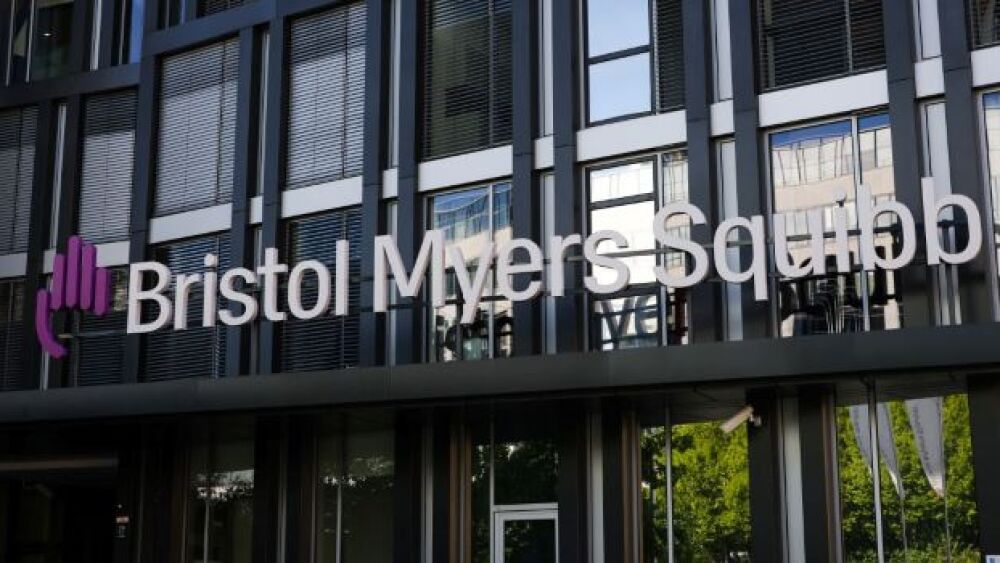BMS’s blockbuster checkpoint inhibitor Opdivo hit the primary endpoint in the Phase III CheckMate -76K trial for a particularly intractable form of melanoma.
Jeremy Moeller/Getty Images
Bristol Myers Squibb‘s blockbuster checkpoint inhibitor Opdivo hit the primary endpoint in the Phase III CheckMate -76K trial for a particularly intractable form of melanoma, the company announced Thursday.
Specifically, Opdivo (nivolumab), an anti-PD-1 immune checkpoint inhibitor, was evaluated as an adjuvant therapy to prevent cancer recurrence in patients with completely resected stage IIB or IIC melanoma.
The trial reported a statistically significant and clinically meaningful benefit in recurrence-free survival (RFS) compared to placebo, the trial’s primary endpoint, BMS reported.
The study supports treatment for an indication that sees a third to half of patients’ cancer return within five years after surgery.
Opdivo decreased the risk of recurrence or death by 58% compared to placebo. The 12-month RFS rates for the drug were 89% compared to 79% for placebo. Its RFS improvement was seen across predefined subgroups of the study, including T category and disease stage.
In terms of stage, the 12-month RFS rate for Opdivo was 93% in patients with stage IIB compared to 84% for placebo. It was 84% in patients with stage IIC compared to 72% in the placebo cohort.
The company plans to present the data at the 2022 Society for Melanoma Research (SMR) Annual Meeting Oct. 17-20 in Edinburgh, Scotland.
“Within five years after surgery, one-third of stage IIB and one-half of IIC patients see their cancer return,” Georgina Long, AO, MD, Ph.D., co-medical director of Melanoma Institute Australia (MIA) and chair of melanoma medical oncology and translational research at MIA, the University of Sydney, and Royal North Shore and Mater Hospitals, stated.
The CheckMate -76K data demonstrated Opdivo in this setting “yielded significant recurrence-free survival benefits and could be an important treatment option for this patient population,” Long added.
Opdivo’s safety profile for the CheckMate -76K trial was consistent with previous research with no new safety signals. In the Opdivo arm, there were 10% Grade 3 or 4 treatment-related adverse events (TRAEs) compared to 2% in the placebo arm. In the Opdivo arm, TRAE-related discontinuation was 15% compared to 3% in the placebo cohort.
“These data add to our growing body of evidence supporting the clinical benefit of Opdivo for the future of melanoma, from the metastatic setting to earlier stages of cancer,” stated Gina Fusaro, Ph.D., development program lead, melanoma at BMS.





